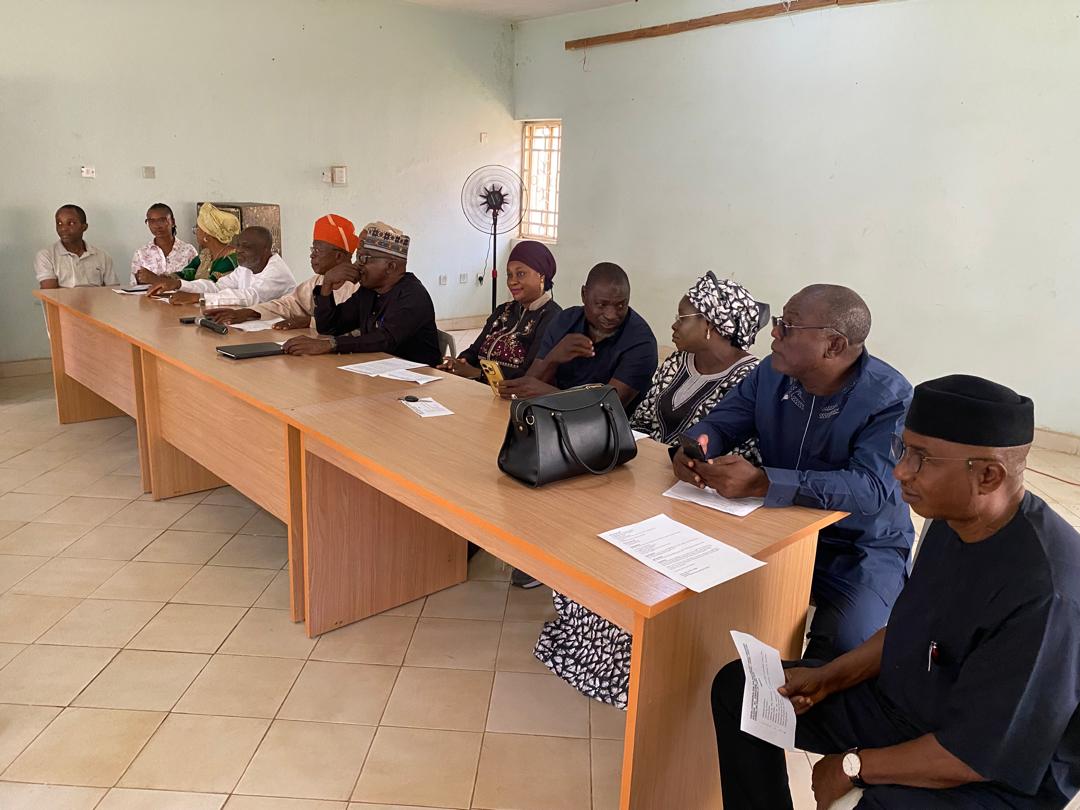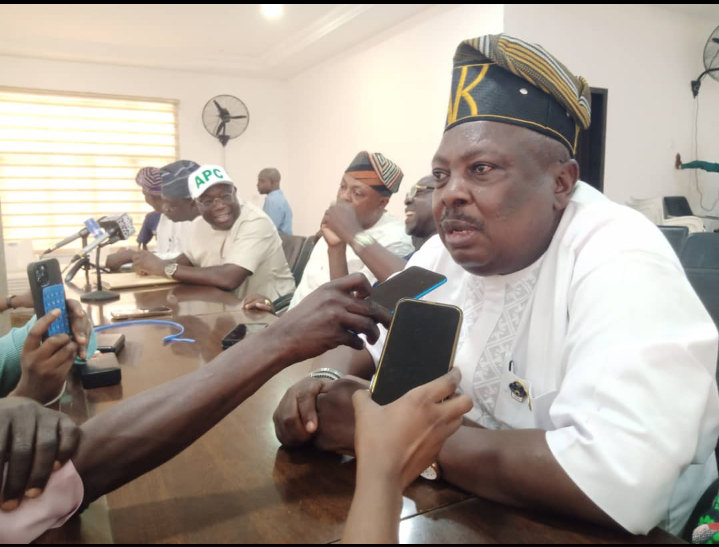For Nigerians and stakeholders in the financial space, the main task before Wale Edun as Minister of Finance and Coordinator of the Economy is achieving a balance between the fiscal and monetary policies to attain a stable foreign exchange market.
Edun is a finance expert known for his contributions to the financial sector. He held various positions in both the public and private sectors, including serving as Nigeria’s Minister of State for Finance and later as the Chairman of the Board of Trustees of the Financial Reporting Council of Nigeria. Edun has extensive experience in finance and has been involved in policy-making and regulatory matters in Nigeria’s financial landscape.
With a debt overhang of over dozens of trillion, an unemployment rate of over 33 per cent, an inflation rate of 24.08 per cent and an unstable and weak naira, Edun has enormous tasks before him.
As a coordinating minister of the economy, he is expected to ensure that policy decisions between the finance ministry and other ministries align with the economic direction.
Prof Uche Uwaleke of Nasarawa State University thinks that Edun must ensure fiscal balance, spending efficiency and debt sustainability. He is expected to place a high premium on increasing revenue to GDP ratio and fostering close collaboration with the monetary authority to drive export base diversification and champion the implementation of the Capital Market Master Plan.
As for the Senior Special Adviser to the President of the African Development Bank (AfDB) on Industrialisation, Prof Banji Oyelaran-Oyeyinka, the new minister must focus on the structural challenges that have led the country to what he described as an ‘unmitigated poverty trap’.
He said the minister should engineer a structural transformation from the nation’s agrarian economy through urgent and deliberate industrialisation through agribusiness.
“To break the cycle of poverty, we must break the malady of underdevelopment: which we have diagnosed as a stable equilibrium level of per capita income at or close to subsistence requirements. It is a situation where only a small percentage, if any, of the economy’s income is directed toward net investment.
“The transformation I propose is to shift Nigeria’s current agrarian condition to a modern industrialized agriculture-manufacturing sector which is defined by higher wage rates, higher marginal productivity, and a demand for more industrial workers. In addition, it will employ a capital-intensive production process. A key tool is sustainable intensification (SI) meaning getting higher yields on the same acre of land. Few countries ever achieved an industrial revolution without modernizing their agricultural and food system,” he said.
He added that the industrial agenda will move the economy into modern mechanized industrialized agriculture with increasing overall high productivity that raises living standards through income expansion.
“Beyond food security, we must process our raw materials and export to earn foreign exchange. All we need is the infrastructure to develop the right ecosystem for companies to thrive in,” he stressed.
On his part, Chief Executive Officer of the Centre for the Promotion of Private Enterprise (CPPE), Dr Muda Yusuf, said the Nigerian economy is in a fragile state and in dire need of a new direction.
He said: “The Minister should establish quality economic governance consistent with tested economic principles and empirical evidence and contextualized within socio-economic peculiarities. This is critical from the onset of the administration for signalling and building investors’ confidence.”
He explained that a good economic governance framework would entail having a technically sound economic team to give guidance and direction on general economic policy direction, policy conceptualization and urgent reforms and also an economy where there is a level-playing field for all players with a transparent economic policy formulation process and a competitive economic environment with minimum monopoly dominance where state capture must not be in existence.
Yusuf said the framework will also expand the role of markets for value delivery and boosting of private enterprise in the economy, noting that state institutions cannot manage enterprises.
He also advocated robust and regular stakeholder engagement by key government agencies to ensure proper alignment of policies with investors’ sentiments, while government institutions that play technical roles should be headed by tested technocrats.
On the macroeconomic issues, Yusuf said the minister should prioritize macroeconomic stability with an emphasis on moderating inflationary pressures, stabilizing the exchange rate and boosting economic growth.
He said the government should reform the tax regime to ensure efficiency in tax administration, reduce tax evasion and tax avoidance and eliminate multiple taxation. Unlock more income from revenue-generating agencies through enhanced efficiency of their operations.
“He should initiate budget reforms to ensure fiscal discipline, curb budget padding, curb duplication of projects and review the service-wide votes to ensure transparency; ensure value for money in government expenditure and procurement and commit to a reduction in the cost of governance,” Yusuf said.
On foreign exchange policy reforms, Yusuf suggests a foreign exchange policy reform that will unlock inflows of capital into the economy, reduce arbitrage in the forex market and improve transparency in the forex allocation; ensure a market reflective exchange rate [as far as practicable] to eliminate distortions in the forex ecosystem; ensure level playing field in forex transactions and remove impediments to market mechanism in allocation of forex.
These steps, he said, will boost inflows from Foreign Direct Investment (FDI), Foreign Portfolio Investment (FPI), export proceeds and diaspora remittances.
Yusuf also suggests the new minister should pursue a trade and tariff regime that adequately protects local industries. He said: “Import duty on intermediate products and critical industrial inputs should be reviewed to reduce production costs. Tariff review processes should be more inclusive and transparent. A credible dispute resolution system should be in place to mediate between the customs and the business community.







